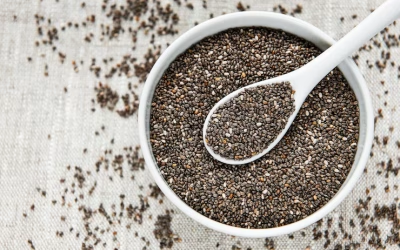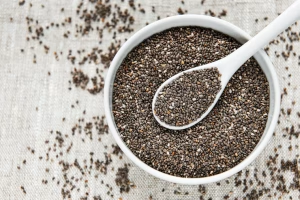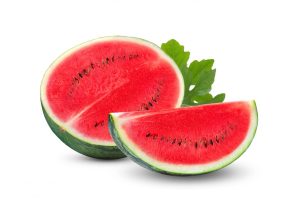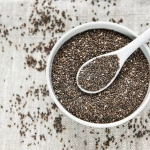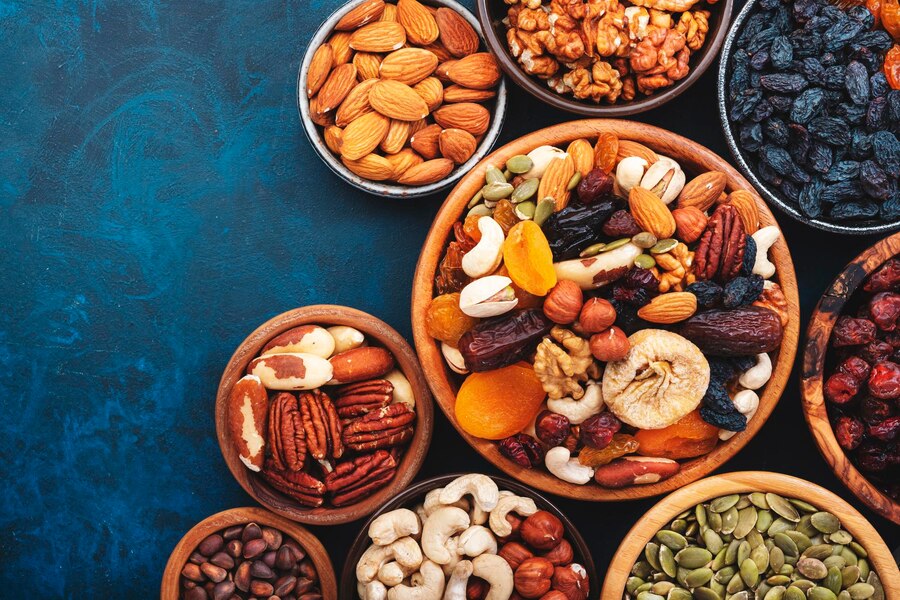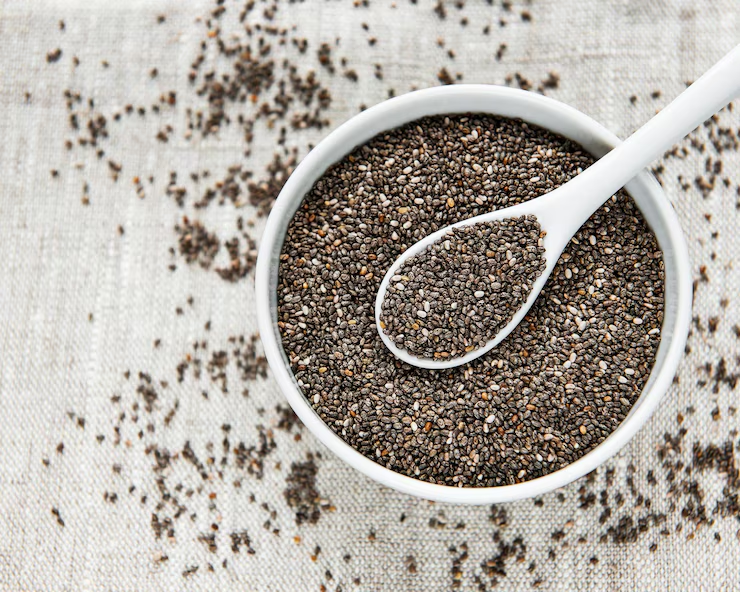Dry fruits can be defined as the type of fruits which are far from water content which has been removed either through sun drying or through specialized hot air drying processes. Examples include cashews, raisins, apricots, dates, walnuts, pistachios, almonds among others this makes them higher in nutrients. In this blog we are going to describe health benefits of dry fruits and its nutrition.
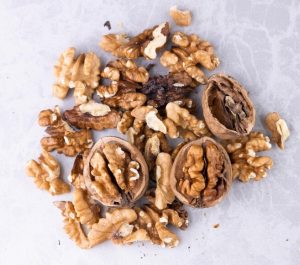
Health Benefits of Dry Fruits
- Rich in Nutrients: Dry fruits have good amounts of vitamins (A, B and E), minerals (calcium, iron, potassium), healthy fats and antioxidants.
- Boosts Immunity: Dry fruits contain antioxidants such as polyphenols which help in fighting against free radicals that occur in the body hence boosting immunity.
- Improves Digestion: They are high in dietary fiber which aids in digestion and prevents constipation.
- Supports Heart Health: Omega-3 fatty acids found in almonds and walnuts lower cholesterol levels and promote healthy heart operation.
- Promotes Healthy Skin: Dry fruits vitamins together with antioxidants promote a good complexion on the skin thus reducing signs of aging
- Supports Bone Health: Calcium and magnesium are essential minerals for building strong bones, provided by dry fruits like figs and almonds.
- Regulates Weight: Dry fruits can help with both weight loss and weight gain, Depending on how they’re consumed.
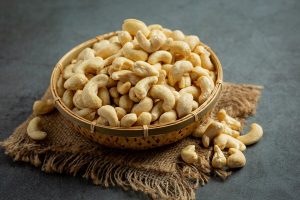
Nutritional Value of Common Dry Fruits (per 100 grams)
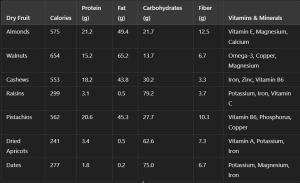
How Many Dry Fruits Can Be Added to Your Diet?
You can mix a variety of dry fruits. Popular combinations include:
- Almonds, walnuts, and raisins for heart health and brain function.
- Pistachios, dates, and cashews for energy and muscle support.
- Apricots and figs for bone health and digestion.
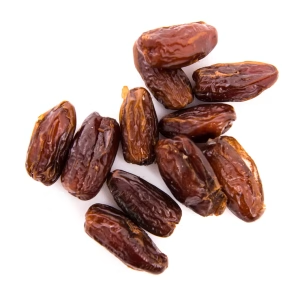
When and How to Take Dry Fruits for Best Results
- Morning: Starting your day with a handful of soaked almonds and walnuts can provide energy and improve your brain function.
- Pre-Workout: Dates or raisins are great for a quick energy boost before exercise due to their natural sugars.
- Evening Snack: Enjoy a few pieces of cashews or pistachios to curb your hunger and boost metabolism.
- Night: Figs or apricots before bed can support your digestion and support bone health.

How Much Should You Consume at a Time?
- Daily Intake: Normally, a handful (about 30-40 grams) of mixed dry fruits is recommended per day.
- Weight Loss: Smaller portions like 4-5 almonds, 2-3 walnuts, and a few of raisins to avoid extra calorie intake.
- Weight Gain: Increase your portion size to include more calorie-dense dry fruits like dates, cashews, and figs.
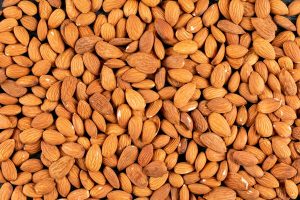
Dry Fruits for Weight Gain vs. Weight Loss
- To gain weight with the use of dry fruits like dates, raisins, and cashews is possible because they are calorie dense and help you gain healthy weight.
- On the other hand, people trying to lose weight should not necessarily shun away from using dried fruits. For example, almonds and walnuts have a lot of fiber with healthy fats that make you feel full for longer periods thereby cutting down on the total amount of calories taken in every day.
To get more information about health benefits of fruits, vegetables and about nutrition and dietary guide please visit HerbalGourmets website.



